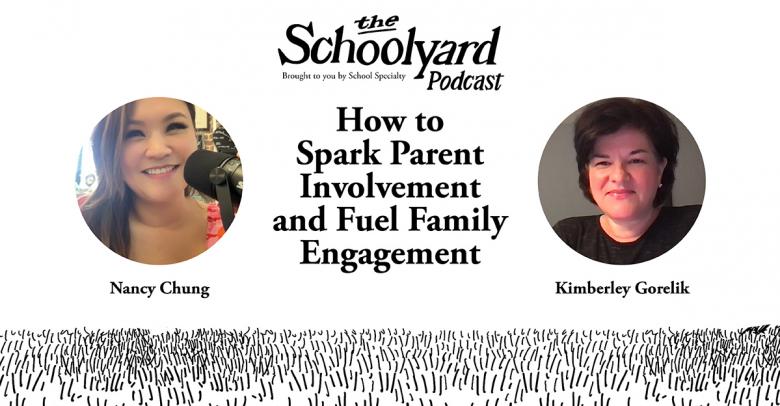You probably already know that family engagement in education is a crucial part of any child’s successful school experience. What you may not know is what a parent or caregiver can do to help maintain that critical connection between home and school.
Study after study and years of research have shown that to succeed to the best of their abilities, children need their parents or caregivers to be involved in their education.
Family Engagement Prepares Students for School
School success begins long before school attendance. When children are raised with an emphasis on hard work and learning, they are far more likely to develop the tools necessary to reach higher education and career goals. For example, reading to children at home leads to them recognizing the alphabet earlier and having a significantly easier time transitioning to full literacy.
After children start school—whether in preschool, Kindergarten, or later—it’s important to check in with them about homework, encourage and enable reading and learning, praise their accomplishments, and hold them accountable for poor effort or behavior in school.
Getting Involved in Education: For the Busy Parent
Many homes have two working parents, rushed evenings, and jam-packed weekends. Luckily, school involvement doesn’t have to be a part-time job. A daily homework check is important, but this need not last longer than 5-10 minutes unless the student is struggling.
Participating in school activities, such as concerts or field trips, provides an excellent sense of continuity for the child. Regularly attending parent-teacher conferences fosters unity between teachers and parents, improves children’s social skills, and increases their chances of academic competence. Moreover, as you move into the adolescent years, parental involvement and family dinners significantly lower the chances of delinquency.
The Educator’s Role in Family Engagement
Of course, parents can’t be expected to carry this out on their own. The educator’s role is to make parental expectations clear, to give them defined, actionable opportunities to participate in the classroom, and to communicate their expectations of the child’s behavior. Schools can take steps to bring down or prevent barriers to family engagement and encourage parental involvement.
Though a teacher can’t directly influence how parents and caregivers raise children in the home, they can and should convey the ideal environment for learning and growth. This includes lots of bedtime reading, homework checks, and conversations about school.
Parental involvement isn’t a cure-all, but it goes a long way toward fostering capable, hardworking, and healthy children. Let’s all do our part to help them get there!






Leave a Reply